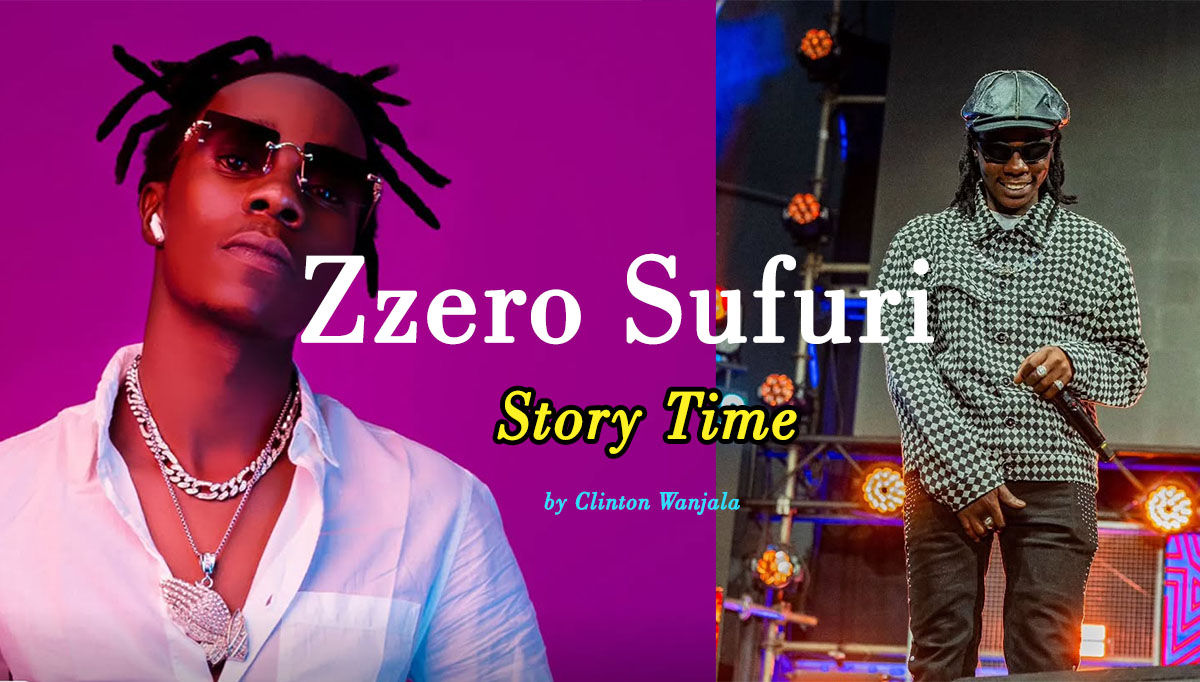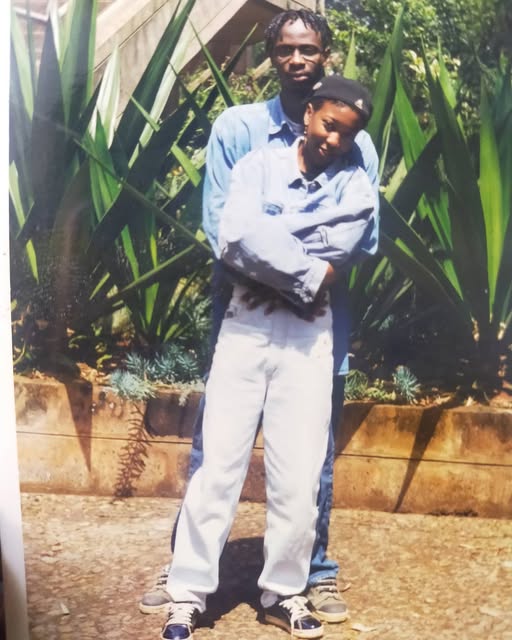Born Kennedy Odhiambo. Became Crazy Kennar.
Kennedy Odhiambo grew up in Baba Dogo, Nairobi. Born on December 23, 1998, he’s Luo, the middle child with siblings who supported him early on.
He went to Sacred Heart Primary in Baba Dogo, then Ringa Boys in Homa Bay for high school where his drama teacher introduced him to writing and performance.
He won Best Actor at the 2011 Kenya National Music and Drama Festivals while still very young thus proving he had the gift early on.
He later joined JKUAT, pursuing Actuarial Science but quietly building a team to film sketches. That turned into Tales of the Crazy Kennar, his YouTube channel.
Skits That Scored Millions
Kennar first posted short skits from around 2017. Eventually, he recruited friends to act in his videos. Today, he has over 600K subs on YouTube, racking 180+ million views monthly. His TikTok has over 500K followers and 6 million+ likes.
He works with brands like Airtel, Tusker, and DSTV. He also owns Instant Delicacies, a small eatery along Thika Road.
From Ringa High to Stand-Up
Kennar tried teaching in Lucky Summer after high school, earning a few shillings off the road—just to get by. Entertaining had been his love since childhood. By the time he joined JKUAT, performing and writing sketches took over.
He credits his drama club and teachers for pushing him toward comedy. Soon, he built a loyal following based on familiar, laugh-out-loud Kenyan anecdotes.
Comedy That Feels Like Home
Crazy Kennar’s comedy works because it’s relatable. He leans into Kenyan reality—accented characters, everyday settings—without needing filters or fancy effects. Redditors say his skits filmed in tiny bedsitters hit hard with authentic Kenyan vibes.
As one user noted:
“Who remembers the bangers of Krazy Kennar, the ones they used to shoot kwa ile ka bedsitter with only one sufuria?”
Others chimed in:
“Crazy Kennar’s skits are really good.”
And:
“CRAZY KENNAR WILL FOREVER MAKE ME HAPPY FR.”
He’s not knocking over Hollywood‑style production. He’s backed into the corners of Kenyan streets, turned them into character sketches, and made people laugh without losing themselves.
Stage Shows & Live Sketches
Kennar’s online success opened doors for live shows. A Redditor reported:
His show was sold out, and he did well—live shows bring in real money since online ad revenue and TikTok payouts are unreliable.
That live connection—the energy in the room, the timing—you can’t replicate it on screen. It’s why he’s expanding beyond just YouTube.
Money Moves
Different sources estimate his net worth anywhere between KES 20 million to 100 million (USD ~200K–300K). He reportedly earns up to KES 300,000 (~USD 2,500) per day from live shows, brand deals, restaurants, and online content
Personal Details
- He’s Christian (SDA). He’s posted some church videos online.
- Girlfriend: Natalie Asewe—a childhood friend and businesswoman. They’ve been linked for over a decade.
- He drives a Toyota Prado TX, valued at ~KSh 7–7.5 million.
What’s Next for Crazy Kennar?
In 2022, he won Kenya Comedian of the Year. And in 2022 Digital Media Awards, he bagged Influencer of the Year. He’s also represented Kenya at Meta Creator Week in London.
He’s in his late 20s, in a long-term relationship, and expanding his content team. His brand Tales of the Crazy Kennar is evolving—more skits, more actors, live shows, and wider presence.
Why People Actually Watch Him
What makes Kennar stand out? He doesn’t chase what’s trending. He nails what viewers know—accent parodies, village stereotypes, office jokes—without cynicism. People see yourself in his characters.
Redditors say Kenyan comedy thrives on familiar tropes:
“Crazy Kennar switches his skits, he doesn’t always lean towards the typical stereotypes… it’s mostly satirical.”
He stays consistent—not changing who he is, just leveling up his delivery.
Final Thoughts
Crazy Kennar’s not the flashy celebrity comedian who moves fast and forgets stories. He’s the everyday guy turned content creator who worked gradually, kept it simple, and blew up doing what Kenyans giggle about at home.
- From Sacred Heart and Ringa High to JKUAT’s Actuarial Science classroom.
- From 2017 skits filmed in a bedsitter to corporate brand deals + own eatery.
- Viewing numbers in the millions, live shows sold out, awards lined up.
If you want to know who’s shaping Kenyan online culture from the ground up, Crazy Kennar is one to watch—and one to laugh with.









